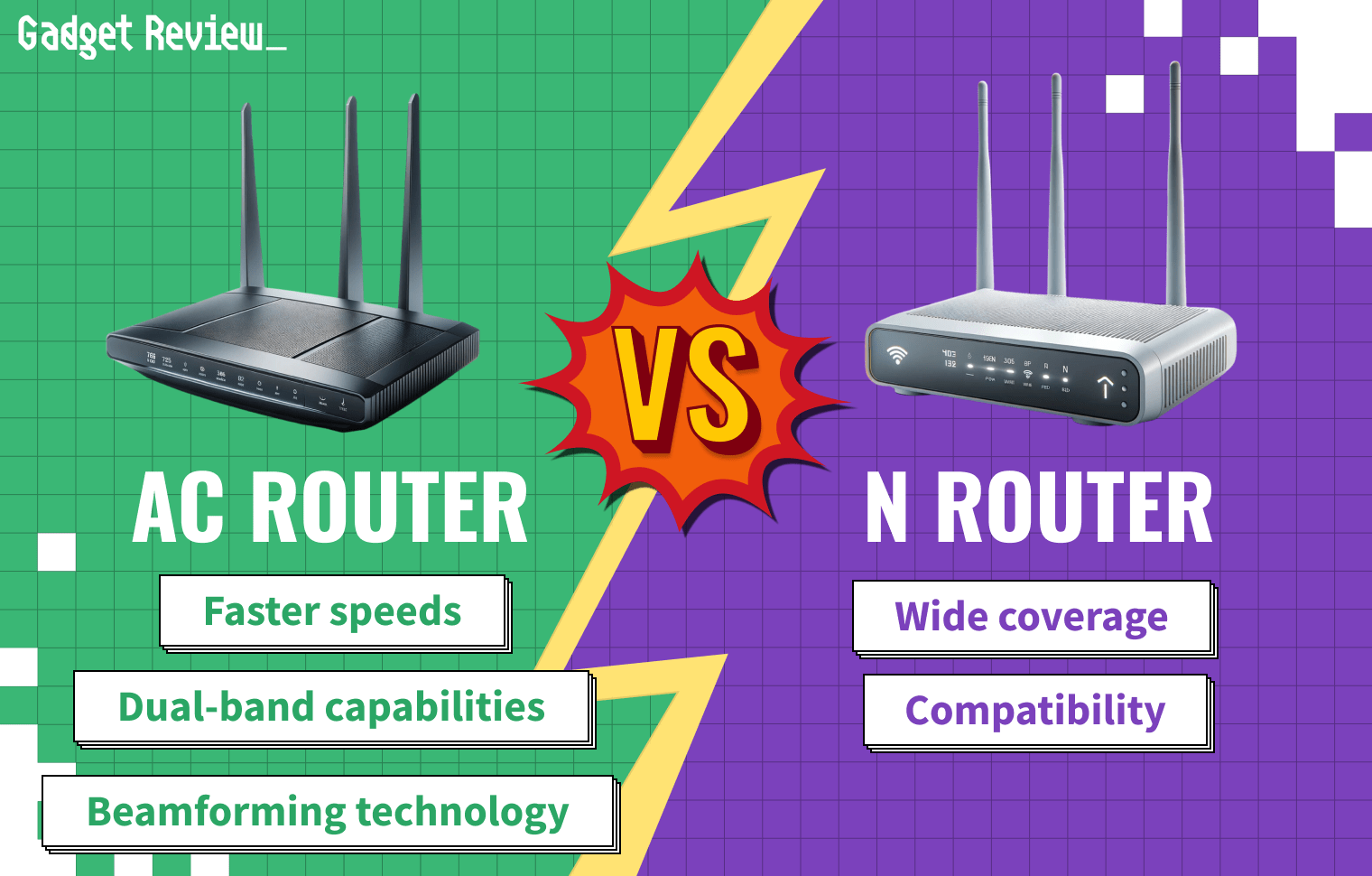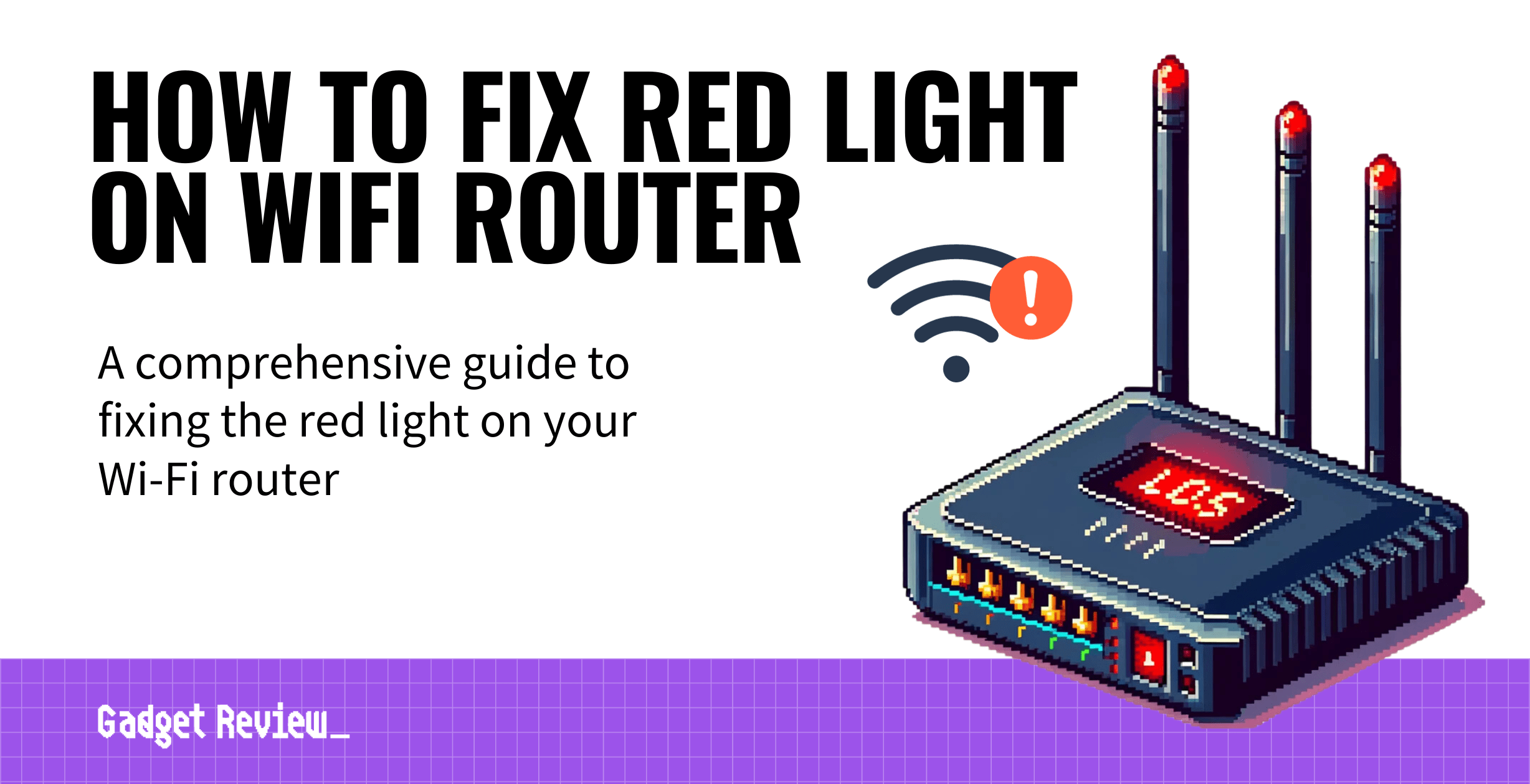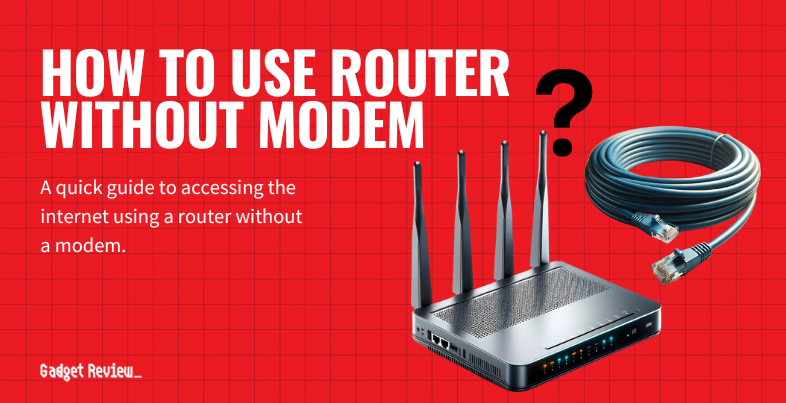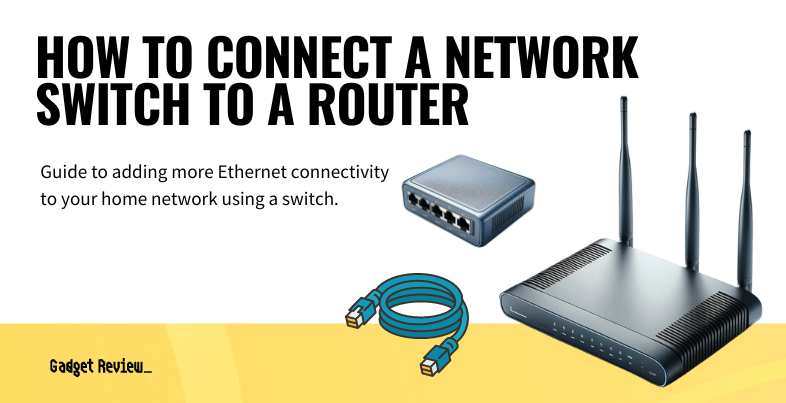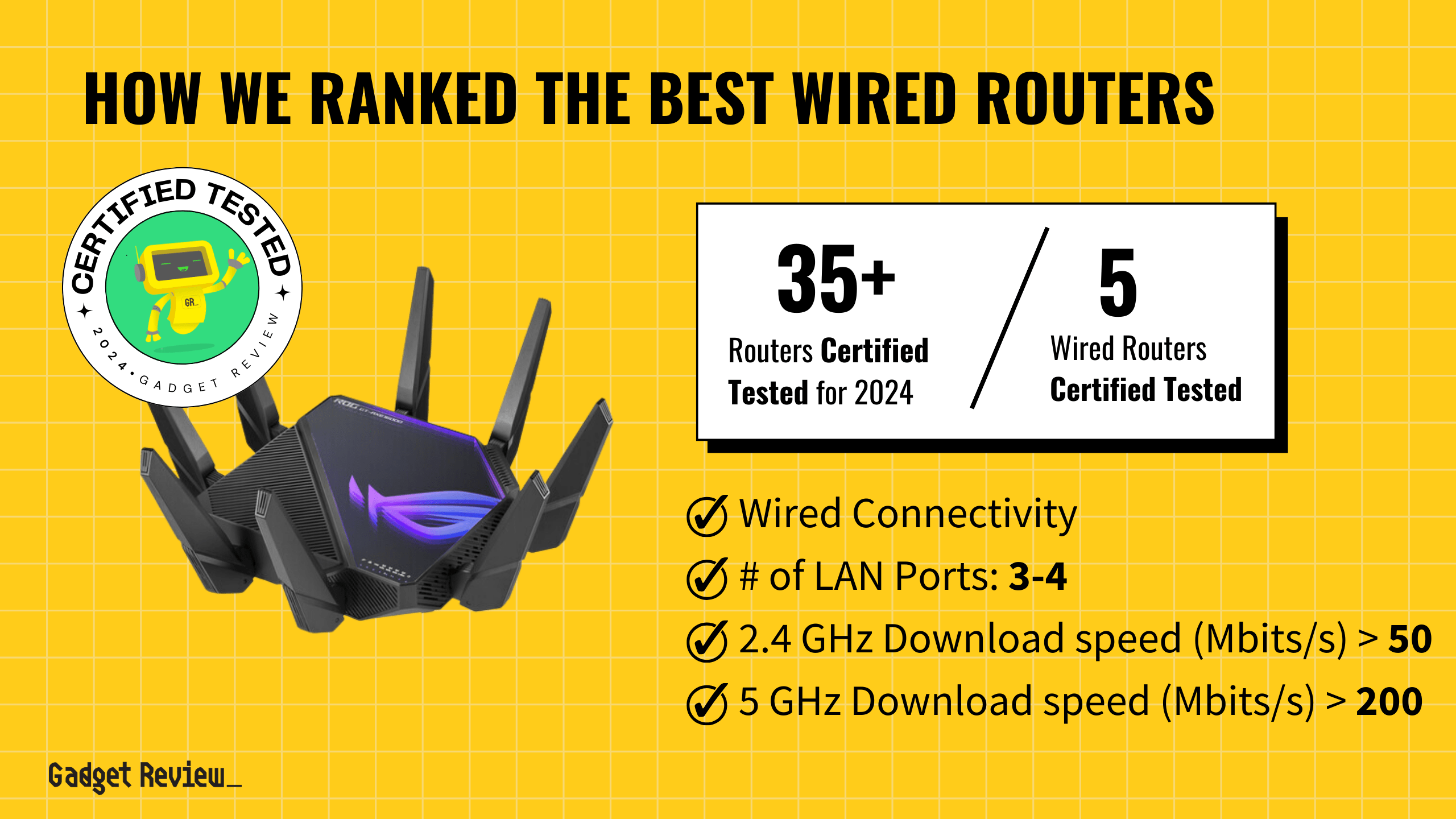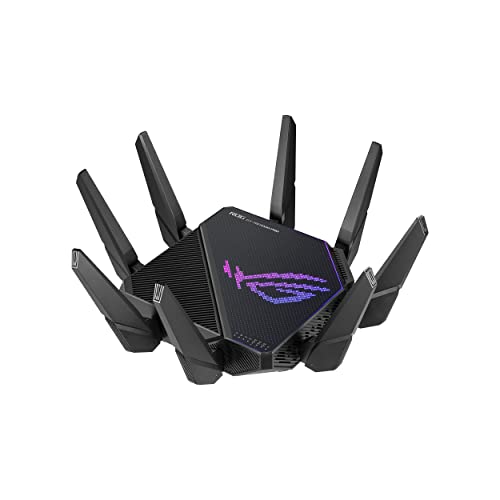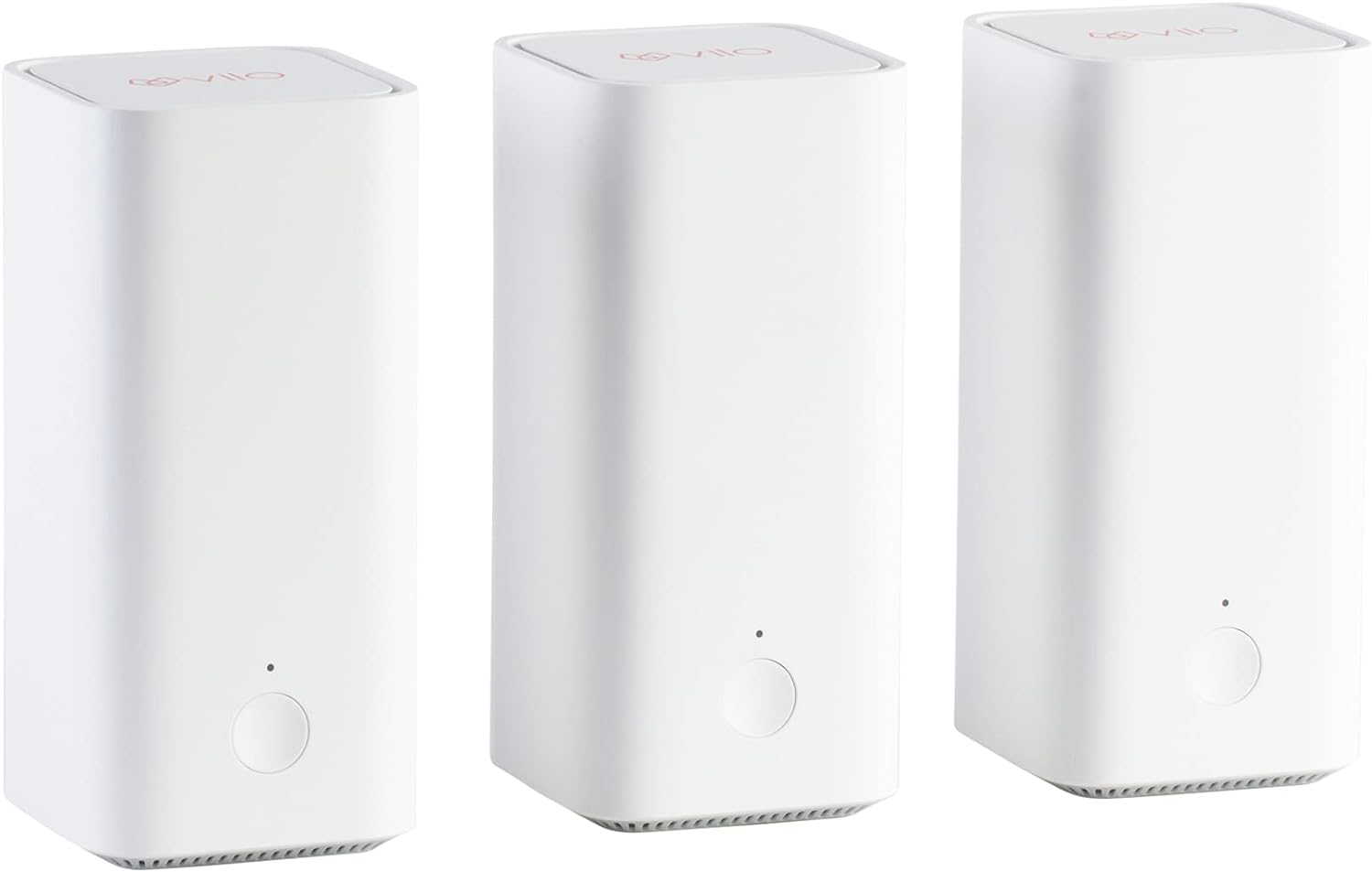If you’re shopping for the best router, you need to know which Wi-Fi standard you need for your connected devices. It may help to start by learning the answer to the question, What does Wi-Fi stand for? If you’re comparing AC vs. N wireless routers, then you may feel a bit confused. 802.11n and 802.11ac are wireless networking standards that use different GHz frequency bands to communicate with your entire network.
Key Takeaways_
- AC wireless routers are faster than N and use a dual-band connection to prioritize the devices on your home network.
- N wireless routers use a single 2.4GHz band that offers slower speeds than AC, but they are occasionally more stable.
- AC, or Wi-Fi 5, is the current wireless standard and is ideal for reaching maximum speed on modern mobile devices and computers.
While that sounds complicated, the Wi-Fi Alliance recently updated the naming convention of wireless bands to make things simpler. For example, the current wireless standard is Wi-Fi 5 (802.11ac), but the previous standard is Wi-Fi 4 (802.11n). So, if you need to know if wireless ac router vs. n is best for your wi-fi network, read on.
insider tip
If you use dual-band Wi-Fi technology in your home, be strategic about which devices connect to each band. For example, save the 5 GHz bands for bandwidth-intensive activities, while 2.4 GHz can handle basic smart home tools and appliances.
Comparing AC Routers vs N Routers
The most significant differences between Wi-Fi 4 and Wi-Fi 5 routers are their theoretical maximums and how they communicate with every client device on your network. For example, the Wi-Fi 4 standard uses the 2.4 GHz band, a typical frequency band found in many household appliances. Most Wi-Fi 5 or AC routers offer a dual-band wireless capability so that you can choose between 2.4 or 5GHz bands.
If you plan on upgrading to a more modern router, do not throw away your old unit. Learn the difference between routers and hotspots, and you may find a use for your outdated machine.
Wi-Fi Speeds
While there are many variables in networking wireless devices, AC routers tout faster speeds on average than N routers. Of course, you can compare G vs N routers, but that’s another article. Unfortunately, the theoretical speed of most Wi-Fi networking standards is hard to hit. However, you’ll still feel the faster pace of AC routers vs. N routers. Since AC devices use the 5GHz band, your frequency is less congested and quicker at shorter ranges. You can compare single-band and dual-band routers to see which one you have before you buy a WiFi router or extender to boost your signal.
Signal Range
Wi-Fi 802.11n, or Wi-Fi 4, technically covers a larger service area than Wi-Fi 5 routers. An N router outputs spatial streams in large waves extending slightly further than some Wi-Fi 6 routers. That said, AC routers use beamforming technology to locate and directly communicate with your wireless devices. So, instead of a broad wave that encompasses your home, AC routers send independent data streams.
warning
Never plug a device into your internet modem without going through your router. Even a basic router has security features that keep your connected devices safe.
Stability
Since AC routers use a less common wireless frequency, there are fewer interference issues than a 2.4GHz N router. Everything from game controllers to baby monitors uses the 2.4GHz frequency range, so you can occasionally suffer from network congestion.


